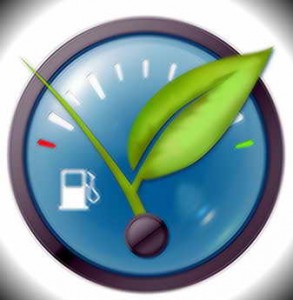 Each year greenhouse gases continue to be detrimental factors to the world’s atmosphere. People continue to emit these gases at alarming rates, which, if uncorrected, will yield greater irreversible consequences to the planet. Behavior, specifically driving, seems to be one direct contributor to greenhouse gas emissions.
Each year greenhouse gases continue to be detrimental factors to the world’s atmosphere. People continue to emit these gases at alarming rates, which, if uncorrected, will yield greater irreversible consequences to the planet. Behavior, specifically driving, seems to be one direct contributor to greenhouse gas emissions.
The purpose of this study is to examine the effects of providing immediate feedback of ecologically-friendly driving, (i.e. eco-driving). Additionally, the purpose is increase eco-driving by utilizing feedback to decrease environmentally hazardous driving (i.e. hard accelerations/brakes). Using an ABAB design, we compared baseline conditions with no feedback on driving performance with an immediate condition, where the “Automatic” device produced an audible sound after each instance of hard accelerations/brakes.
Data collection started in October 2016 and 76 were surveyed to determine eligibility. A total of 8 participants met the criteria entered a baseline condition to determine whether they engaged in 3+ episodes of hard accelerations/brakes per day. Only one participant qualified met those criteria. The participant who completed the study engaged in an average of 8.6 episodes of hard accelerations and brakes during the baseline conditions, which was reduced to an average of 3.4 episodes during the baseline immediate feedback conditions.
Although the one participant who completed the study showed reliable, robust decreases with immediate feedback, more participants are needed to determine the generality of this effect. Recruitment has been challenging due to participants failing to meet the inclusion criteria; therefore different recruitment strategies or criteria may be needed.
Author: Javid Rahaman
